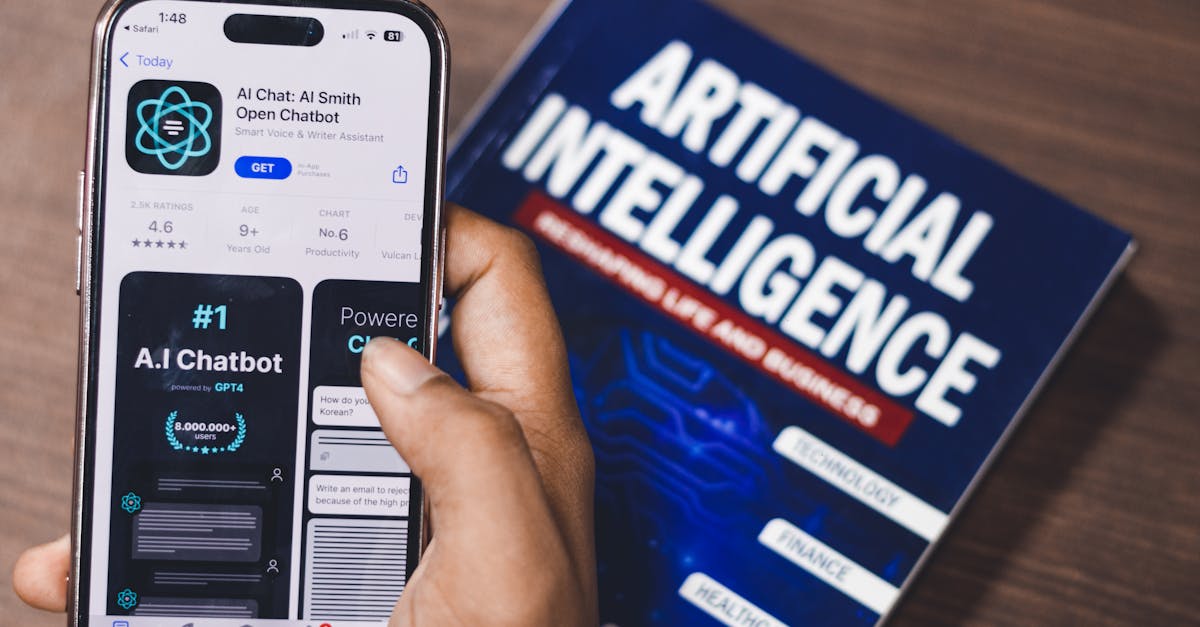
Transforming Stories: How AI Innovations are Shaping the Future of the Publishing Industry
AI in publishing, publishing industry transformation, impact of AI, future of publishing, AI innovations in literature, digital publishing revolution
The Rise of AI in Publishing
Artificial Intelligence (AI) has been making waves across various industries, and the publishing world is no exception. With its ability to process vast amounts of data, generate natural language, and automate repetitive tasks, AI is set to revolutionize how we consume and create content. In this article, we will explore the impact of AI innovations on the future of the publishing industry.
1. Automating Editing and Proofreading
One area where AI has made significant strides is in editing and proofreading. With natural language processing (NLP) capabilities, machines can now identify grammatical errors, suggest improvements, and even detect plagiarism with accuracy comparable to human editors. Tools like Grammarly and ProWritingAid have already gained popularity among writers and editors alike.
2. Personalizing Content Recommendations
As AI continues to gather more data on user preferences, it can provide personalized content recommendations for readers. Services like Amazon’s Kindle have already implemented recommendation algorithms that suggest books based on a reader’s previous purchases and reading habits. This not only enhances the reading experience but also helps publishers reach their target audience more effectively.
3. Enhancing Storytelling with AI-Generated Characters
While human authors will always be essential to storytelling, AI can help bring characters and settings to life in new ways. For example, developers are working on algorithms that can generate detailed character profiles and even write dialogue for them. This technology could revolutionize how writers develop their stories and make the creative process more efficient.
4. Revolutionizing Book Cover Design
Book cover design is an art in itself, but AI can help automate this process by generating multiple cover options for authors to choose from. Tools like Adobe Sensei use machine learning to analyze images and create unique designs based on specific themes or genres.
5. Automating Translation Services
AI is also transforming the way books are translated into different languages. Automated translation services like Google Translate have improved significantly over the years, allowing publishers to reach a global audience more easily than ever before.
The Future of AI in Publishing
As AI continues to evolve, it’s likely that its role in the publishing industry will only grow. However, as with any technological advancement, there are potential challenges and ethical considerations to address. For example, some fear that AI-generated content may lead to a decline in originality and creativity among writers. Nevertheless, if harnessed responsibly, AI has the power to transform stories and make them more accessible and engaging than ever before.
Conclusion
The impact of AI innovations on the publishing industry is undeniable. From automating editing processes to enhancing storytelling through AI-generated characters, these technologies are already changing how we consume and create content. As AI continues to evolve, it will be fascinating to see how it shapes the future of storytelling.
Call to Action
What do you think about the role of AI in publishing? Do you believe it has the potential to revolutionize the industry or could it lead to a decline in creativity? Let us know your thoughts in the comments below!
Image Search Keywords:
- Artificial Intelligence in Publishing
- AI-generated book cover designs
- Automated translation services for books
- Machine learning algorithms for character development
- Robot editor checking a manuscript